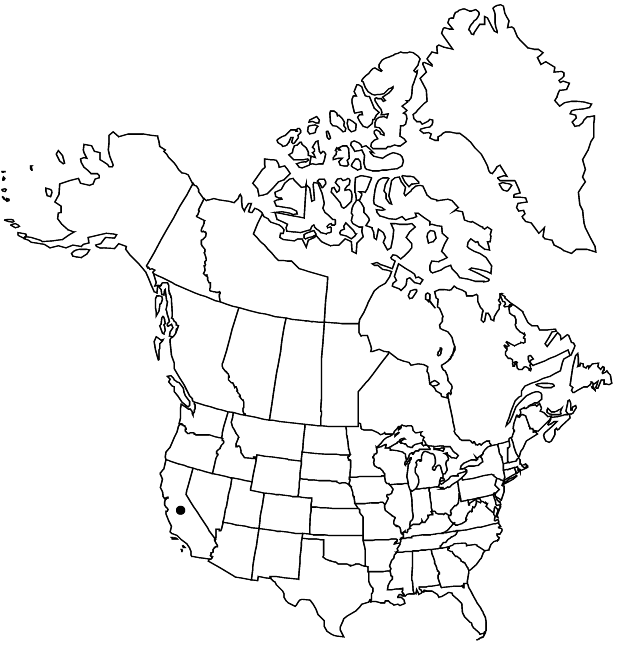Difference between revisions of "Aeonium arboreum var. arboreum"
FNA>Volume Importer |
FNA>Volume Importer |
||
| Line 1: | Line 1: | ||
{{Treatment/ID | {{Treatment/ID | ||
|accepted_name=Aeonium arboreum var. arboreum | |accepted_name=Aeonium arboreum var. arboreum | ||
| − | |accepted_authority= | + | |accepted_authority= |
|publications= | |publications= | ||
|basionyms= | |basionyms= | ||
| Line 19: | Line 19: | ||
|elevation=0-100 m | |elevation=0-100 m | ||
|distribution=Calif.;Atlantic Islands (Canary Islands [Gran Canaria]);introduced also s Europe;n Africa (Mediterranean coast). | |distribution=Calif.;Atlantic Islands (Canary Islands [Gran Canaria]);introduced also s Europe;n Africa (Mediterranean coast). | ||
| − | |discussion=<p>The tetraploid race of < | + | |discussion=<p>The tetraploid race of <i></i>var.<i> arboreum</i> is widely grown in areas of Mediterranean climate, including California. Although widely naturalized in the Mediterranean region, it is only local in Los Angeles and San Diego counties, southern California, on the coast and about trash heaps and old gardens.</p> |
|tables= | |tables= | ||
|references= | |references= | ||
| Line 28: | Line 28: | ||
-->{{#Taxon: | -->{{#Taxon: | ||
name=Aeonium arboreum var. arboreum | name=Aeonium arboreum var. arboreum | ||
| − | + | |authority= | |
| − | |authority= | ||
|rank=variety | |rank=variety | ||
|parent rank=species | |parent rank=species | ||
| Line 44: | Line 43: | ||
|publication year= | |publication year= | ||
|special status= | |special status= | ||
| − | |source xml=https://jpend@bitbucket.org/aafc-mbb/fna-data-curation.git/src/ | + | |source xml=https://jpend@bitbucket.org/aafc-mbb/fna-data-curation.git/src/f50eec43f223ca0e34566be0b046453a0960e173/coarse_grained_fna_xml/V8/V8_338.xml |
|genus=Aeonium | |genus=Aeonium | ||
|species=Aeonium arboreum | |species=Aeonium arboreum | ||
Revision as of 22:27, 16 December 2019
Shrubs rather open, 10[–20] dm, without prop roots. Stems branched, 10–40 mm thick, fleshy; bark nearly smooth. Leaves: rosettes dense, concave or flattish, 50–75-leaved, 1–2 dm diam.; blade shiny, bright green [purple-black], oblong-oblanceolate, 5–9(–15) cm, 1.5–3 mm thick, firm, marginal cilia spreading to ascending, wavy, surfaces glabrous. Cymes dense, conic to ovoid, 1–2+ dm, puberulent. Flowers rotate, 2 cm diam.; calyx puberulent; petals 9–11, spreading, bright yellow. 2n = [36,] 72.
Phenology: Flowering spring.
Habitat: Cliffs and banks near sea
Elevation: 0-100 m
Distribution

Calif., Atlantic Islands (Canary Islands [Gran Canaria]), introduced also s Europe, n Africa (Mediterranean coast).
Discussion
The tetraploid race of var. arboreum is widely grown in areas of Mediterranean climate, including California. Although widely naturalized in the Mediterranean region, it is only local in Los Angeles and San Diego counties, southern California, on the coast and about trash heaps and old gardens.
Selected References
None.